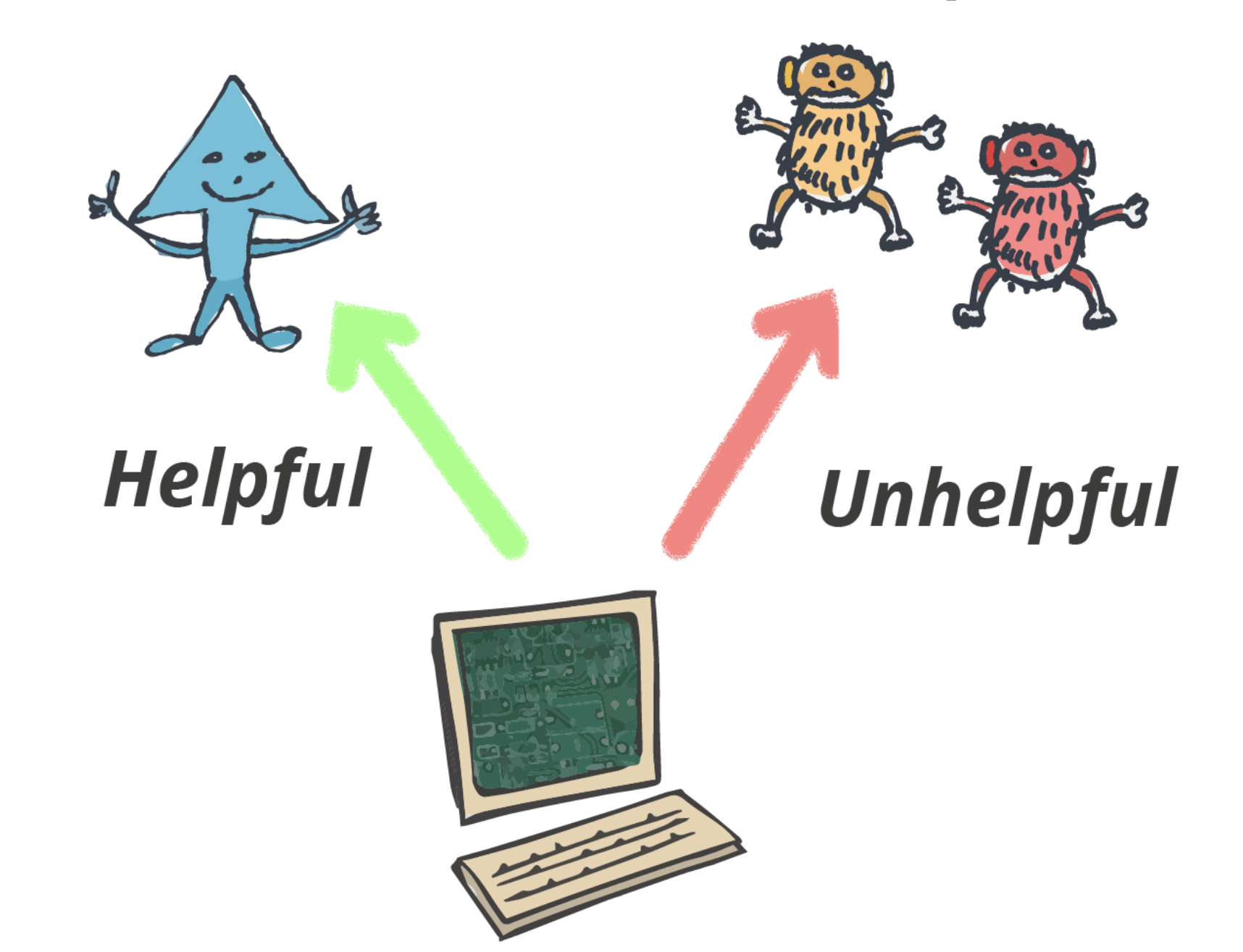Social media plays an important role in our daily life. People use it to gather information or even express their stances towards certain political issues. However, some political leaders want to limit people’s freedom of speech in social media due to their fear that they might be overthrown by the public. Hence, the government decided to block social media and internet usage. One of the most recent cases regarding the social media blockade is the Myanmar coup d’etat. So what exactly is Myanmar’s coup and how does social media blockage influence democracy in Myanmar?
The 2021 Myanmar’s coup started on February 1, 2021, when the Tatmadaw, Myanmar’s military which is led by Min Aung Hiang, overthrew the elected government which is led by the elected President Win Myint and State Counselor of Myanmar, Aung San Suu Kyi. The siege happened due to dissatisfaction from the election result in November 2020 where Suu Kyi’s political party, the National League for Democracy (NLD) which the party won 396 out of 476 seats. However, the conflict between the government and the military is far more complicated than just the election result. The civilians and the military have fought back and forth since 1948 with the military always holding the power. This changed when Suu Kyi’s party won the election in 2011 after she was released from house prison for more than 20 years. Despite her winning, military tried to seize her power in many ways, particularly the genocide of Rohingya, a Muslim ethnic minority group in Myanmar.
With the successful coup, the military directly declared a state of emergency for one year. Furthermore, they had a blackout followed by blocking access to social media and the internet to prevent people from spreading the siege outside of Myanmar. The shutdown of the internet and social media can lead to communication rupture in society. To understand more on how this happened during the Myanmar coup, below is the figure of how the Burmese military junta prevents the public from spreading their word regarding the coup.
(Wagner 2018, p. 3919)
In fact, social media has positioned itself as the “Fifth Estate,” replacing the conventional media as the “Fourth Estate”. While in the past conventional media were able to represent public opinion and democracy, social media is more than that. Social media allows people to create and delete their own discourse that can change its political environment (Dutton 2009 cited in Newman et. al. 2012). Therefore, by blocking social media and internet access, the military has the control to suppress the discourse and public propaganda.
Despite that, the blocking of social media and internet access towards Burmese sparked controversies on international responses. The Malaysian Prime Minister, Muhyiddin Yassin along with the Indonesian President, Joko Widodo called this action a “setback of democracy” since the military took away people’s freedom of speech by blocking their access. In addition, Amnesty International’s Deputy Regional Director for Campaigns in Myanmar, Ming Yu Hah stated that this is a “heinous and reckless decision”. Despite all of the negative responses by political leaders, this also raises solidarity from netizens who reside outside Myanmar to ask other netizens from around the world to condemn this action. Nevertheless, it is unlikely that the military will respond to the backlashes by international responses and keep taking over the Burmese government.
Social media has the power to change the political condition with public opinion. Because the information is spread quicker that can prompt more physical and online protests, this has created concerns for the military junta to maintain its power. Therefore, it is not surprising that Myanmar’s military decided to oppress people’s freedom of speech by blocking social media and internet access despite the backlashes.
(Photo source: Shutterstock)












